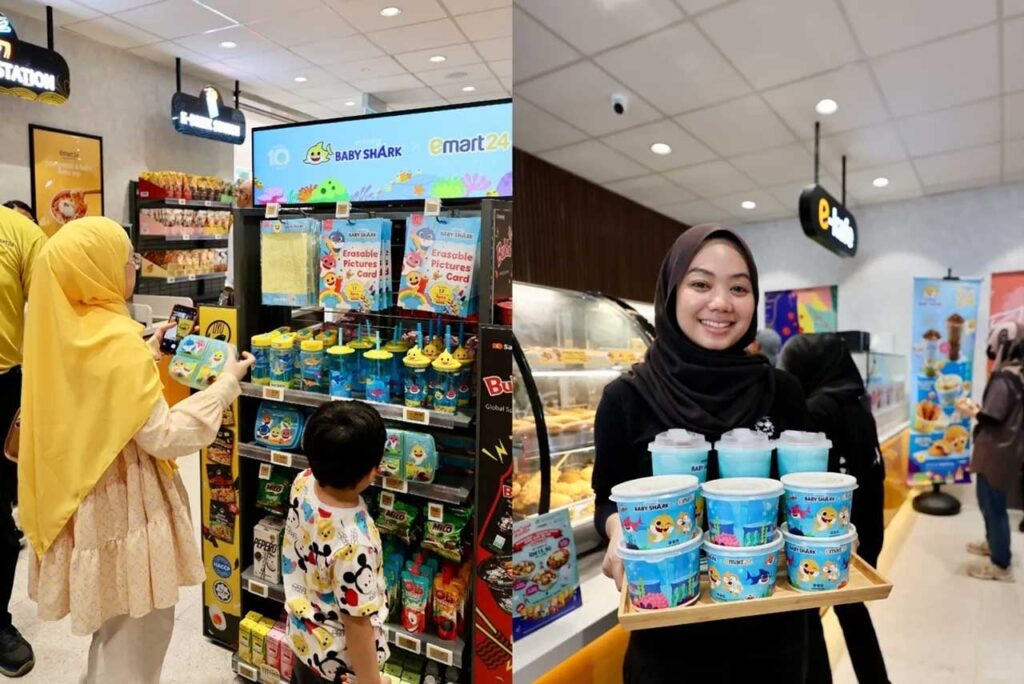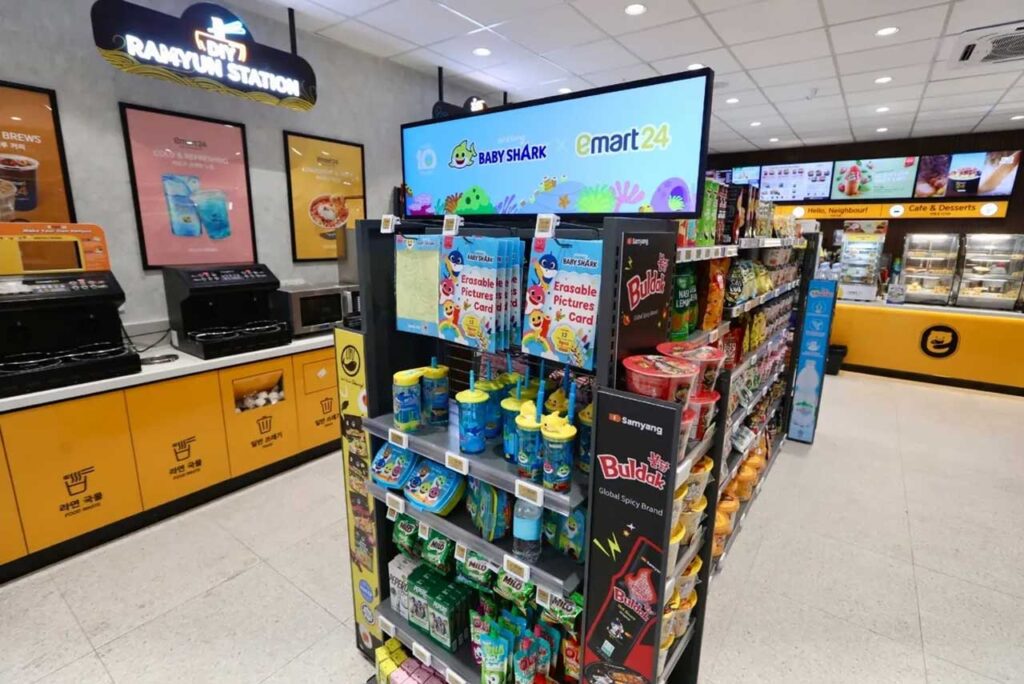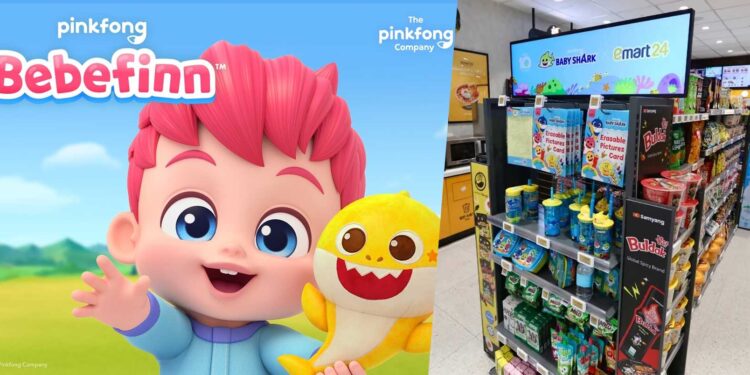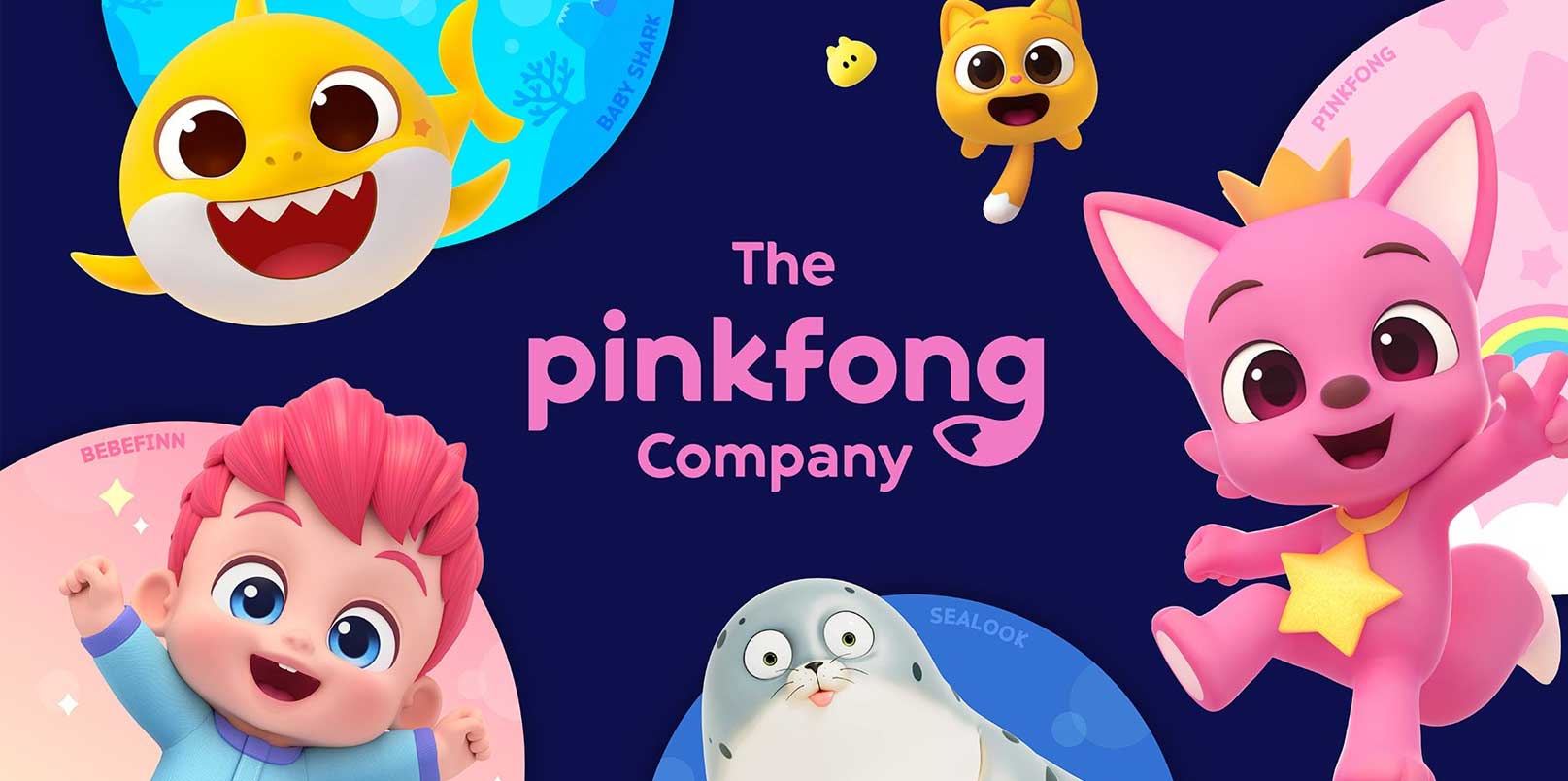In Southeast Asia’s fast-growing creative economy, Korean innovators are showing that global expansion isn’t limited to tech startups. The Pinkfong Company, a leader in the Korean creative tech industry, has transformed its globally recognized IP into a scalable business model — debuting its first Bebefinn Kids Café in Malaysia as part of a multi-channel, digital-offline market entry strategy.
The Pinkfong Company Marks New Phase in K-Content Commercialization
The Pinkfong Company, best known for Baby Shark, has opened its first Bebefinn Kids Café in Malaysia, accelerating its Southeast Asia market expansion. This move is part of a broader Korean global market entry strategy that blends immersive offline experiences with high-volume Korean digital media exports.
Malaysia offers fertile ground for Korean family entertainment innovation. It ranks among The Pinkfong Company’s top 10 markets for YouTube viewership, with over 4.145 billion cumulative views and 220 million watch hours as of August 2025. Its youthful demographics, strong family leisure culture, and geographic proximity to Singapore, Indonesia, and Thailand make it a strategic base for regional operations.
Bebefinn Kids Café: IP-Based Business Model Meets Offline Consumer Experience
The Bebefinn Kids Café, located in Johor Bahru’s The Mall, Mid Valley Southkey, is the ninth Pinkfong IP-powered kids café in Malaysia and the first to carry the Bebefinn brand. Spanning about 125 pyeong (~413 m²), it features nine play facilities and six mini-games inspired by characters Finn, Bora, and Brody.
Just an hour’s drive from Singapore, the venue is positioned as a cross-border family destination. It reflects a wider trend in K-content commercialization, where entertainment IP extends beyond screens into experiential formats that deepen engagement and diversify revenue streams.
Pinkfong & E-Mart24 Malaysia Strategic Collaboration: K-Content Meets K-Food
Alongside the café launch, The Pinkfong Company partnered with E-Mart24 Malaysia, which operates 100 local outlets, to release co-branded convenience foods featuring Pinkfong Baby Shark. The menu includes carbonara tteokbokki, strawberry cream cheese hotteok, and triangular gimbap — combining character-driven brand recognition with local retail reach.

These products debuted at E-Mart24’s 100th Malaysian store in Kota Damansara and will roll out nationwide. This collaboration highlights how an IP-based business model can integrate with FMCG channels, using familiar characters to boost consumer adoption and cross-promote Korean digital media exports.
Digital Engagement Driving Offline Footfall
The Pinkfong Company’s strength in the Korean creative tech industry comes from its ability to merge digital reach with offline monetization. Its massive YouTube audience provides a ready-made foundation for new experiential venues like the Bebefinn Kids Café, driving merchandise sales, event participation, and brand loyalty.
In September 2025, the company will release Bebefinn the Movie: The Great Pinkfong Adventure and the Case of the Missing Bebefinn in Malaysia and Brunei, supported by offline events to expand local consumer touchpoints.

Pinkfong’s Global Playbook: Insights for Korean Innovators and IP Owners
While The Pinkfong Company is no longer a startup, its expansion offers valuable lessons for the Korean innovation ecosystem. It illustrates how Korean content IP global expansion can be achieved through a multi-channel, multi-market approach that integrates digital dominance with localized offline experiences.
By aligning entertainment IP with regional consumer behaviors, the company provides a replicable model for how Korea’s creative industry can diversify export channels, strengthen cultural influence, and maintain competitive advantage in international markets.
A company spokesperson noted,
“Opening Malaysia’s first Bebefinn Kids Café is both a chance to connect more closely with overseas fans and an opportunity to strengthen the global influence of our IP. We will continue to expand brand experiences in Southeast Asia through localized strategies that combine digital and offline channels.”

This regional growth push comes as The Pinkfong Company also navigates major corporate decisions. Previously, the Baby Shark IP holder was reportedly exploring a management rights sale alongside its ongoing preliminary KOSDAQ listing review, a dual-track process that could reshape its capital strategy. The outcome will influence how one of Korea’s most recognizable family entertainment brands funds its next stage of global expansion.
– Stay Ahead in Korea’s Startup Scene –
Get real-time insights, funding updates, and policy shifts shaping Korea’s innovation ecosystem.
➡️ Follow KoreaTechDesk on LinkedIn, X (Twitter), Threads, Bluesky, Telegram, Facebook, and WhatsApp Channel.






